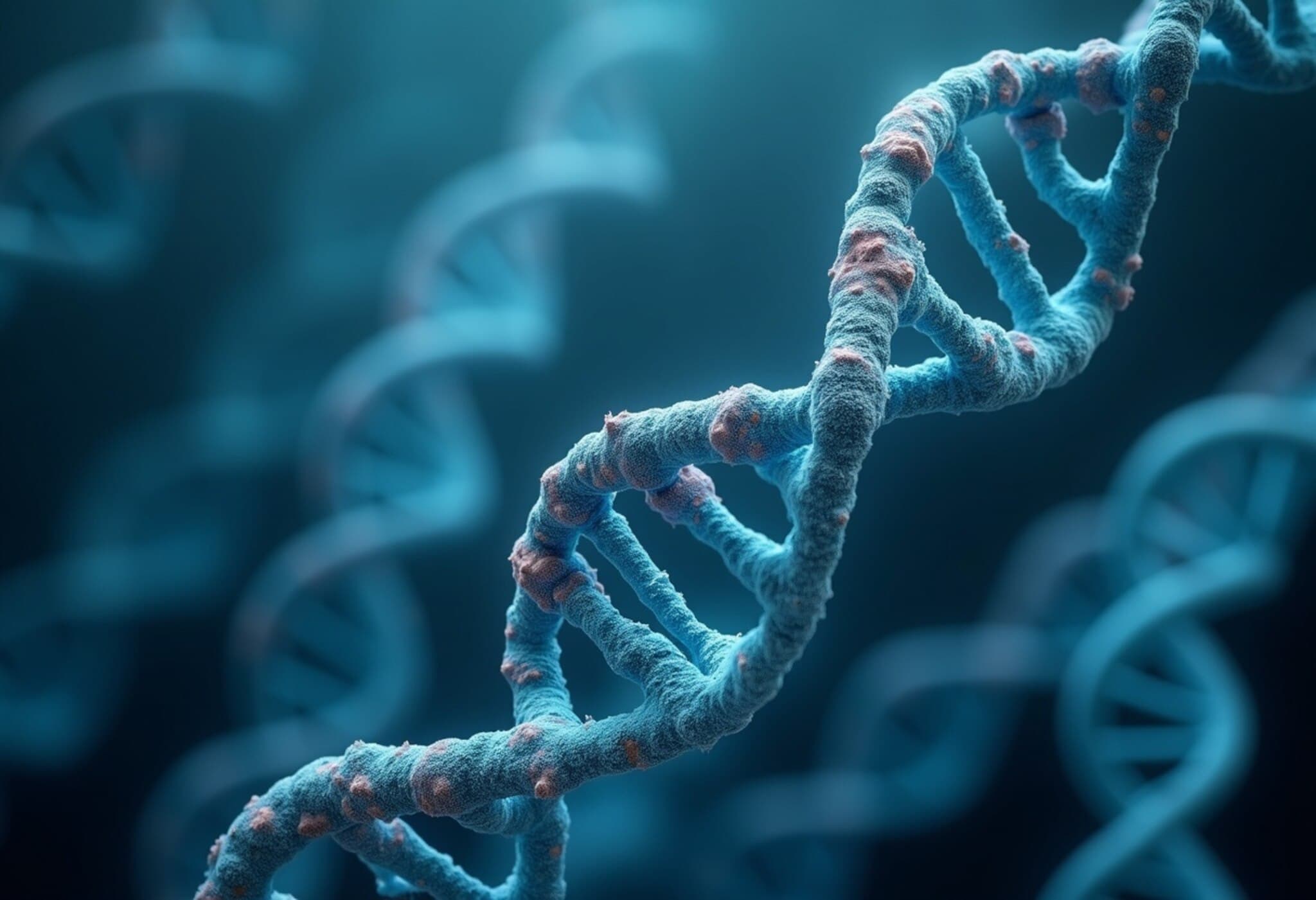A Revolutionary Step in Synthetic Biology
In a groundbreaking scientific endeavor, researchers in the UK have initiated the Synthetic Human Genome Project, striving to construct human DNA from scratch. Supported by a £10 million grant, this project aims to assemble artificial chromosomes molecule by molecule, moving beyond merely decoding human DNA to actively building it.
Exploring New Frontiers in Medicine and Genetics
Leading the charge, scientists hope this innovative project will unravel the intricate mechanisms that drive genetic repair, development, and disease. By constructing synthetic chromosomes, they aspire to develop therapies capable of regenerating damaged organs such as the heart, liver, and immune system, potentially revolutionizing treatment for genetic and age-related conditions.
Building on Past Genomic Advances
The Synthetic Human Genome Project builds on the legacy of the Human Genome Project completed 25 years ago, which decoded the human genetic blueprint. This new initiative takes a bold leap forward by manufacturing DNA sequences, promising novel insights and medical breakthroughs.
Ethical Debates and Cautionary Voices
Despite the immense promise, this venture has sparked intense ethical discussions. Critics warn of risks including the misuse of synthetic DNA for harmful purposes, raising concerns around the potential for designer humans and synthetic life misuse.
Advocates for caution emphasize that while science aims to serve humanity’s good, the tools can be weaponized. Experts acknowledge that control over synthetic biology may be difficult to enforce once the technology becomes accessible to various actors.
Integrating Ethics and Public Engagement
To address these concerns, an accompanying social science program is set to examine societal, ethical, and cultural implications. Led by experts in sociology and ethics, this initiative seeks active public input to foster responsible innovation and transparency.
Supporters argue that proactive development combined with thoughtful oversight is crucial. By confronting moral questions early, the project aims to steer advances responsibly rather than risk unregulated progress in the future.
Looking Ahead
While still in its early stages, the Synthetic Human Genome Project represents a bold stride into uncharted territory with the potential to reshape medicine and human biology fundamentally. The coming years will be critical in balancing groundbreaking science with the ethical frameworks needed to guide it.











